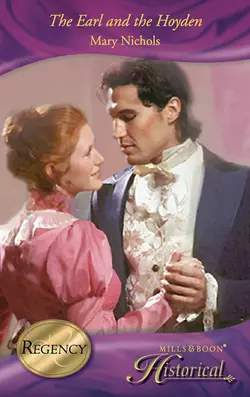The Earl and the Hoyden

Mary Nichols
Тип: электронная книга
Жанр: Современная зарубежная литература
Язык: на английском языке
Стоимость: 152.29 ₽
Статус: В продаже
Издательство: HarperCollins
Дата публикации: 16.04.2024
Отзывы: Пока нет Добавить отзыв
О книге: A plain hoyden, he had called herMiss Charlotte Cartwright has never forgotten Roland Temple’s contemptuous rejection of her hand in marriage. And she’s not about to forgive either – even if Roland, the new Earl of Amerleigh, is now older, wiser and ten times as handsome!Roland has returned home from the wars to find much has changed – including his spitfire of a neighbour. He’s soon determined to right the wrongs of the past – and this time the hoyden will be his bride!